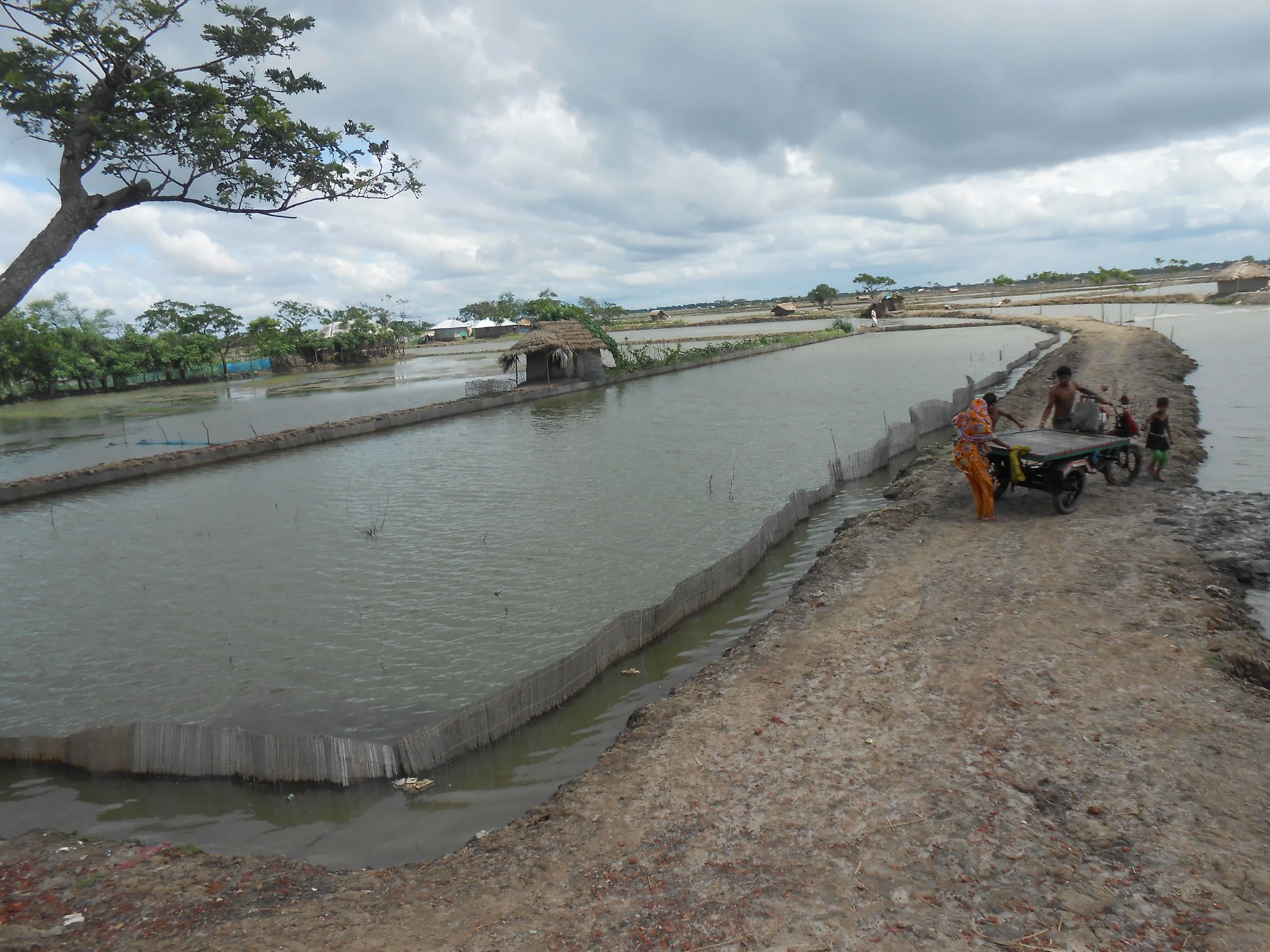Stuart Bunting shares some key findings from the recently published open-access paper entitled ‘Evaluating the potential of innovations across aquaculture product value chains for poverty alleviation in Bangladesh and India’ which he wrote in collaboration with John Bostock, William Leschen and David Little, as an outcome of a challenge prize design study carried out with NESTA and Forum for the Future.
Innovation across aquaculture product value chains can contribute to poverty alleviation, by enhancing access to nutritious aquatic foods and creating employment and income generating opportunities.
Innovation across food systems could safeguard, enhance and extend (geographically and temporally) access to nutritious aquatic foods for consumers throughout Bangladesh and India.
Innovation to enhance access to affordable aquatic foods in poor and marginal communities could benefit women and children the most as they are particularly vulnerable to malnutrition.
Integrated agriculture-aquaculture production systems can help diversify livelihoods; increase supplies of nutritious aquatic foods, fruit and vegetables to farming household and local communities; bolster social-ecological resilience to worsening climate change impacts.
Innovation to avoid food loss and waste, optimise resource use efficiency and better utilise by-products could bolster supplies of aquatic foods to poorer consumers, enhance environmental performance and minimise nutrient releases to the biosphere.
·A new development paradigm is required that identifies and supports promising innovation trajectories across aquatic food systems in Bangladesh and India.
The paper is published in Frontiers in Aquaculture: https://doi.org/10.3389/faquc.2023.1111266
We hope this synthesis of evidence from Bangladesh and India can contribute to transforming aquatic food systems globally to help alleviate poverty and tackle malnutrition, especially among women and young children.
We would like to thank our collaborators at Nesta and Forum for the Future and acknowledge the support received from the Global Innovation Fund for the ‘Challenge Prize in Aquaculture for Global Development’ study. See also The Aquaculture Revolution Prize.
Cover photo credit: Professor Abdullah-Al Mamun


